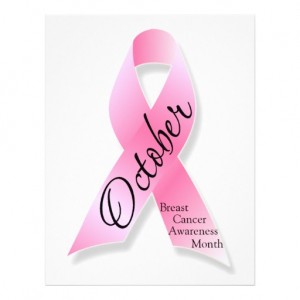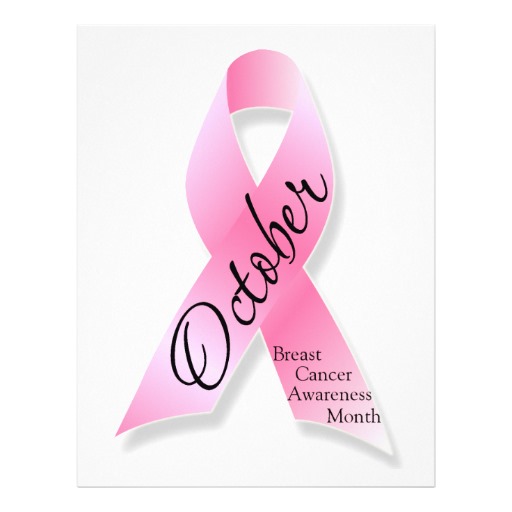October is Breast Cancer Awareness Month and the Public Health Agency (PHA) is urging all women to be “breast aware” and to think about attending for screening when invited.
Survival rates for the disease are improving thanks to earlier diagnosis and better treatment and the PHA points out prevention and early detection are key to saving lives.
While a woman’s risk of developing breast cancer is often down to factors beyond her control, such as genes, family history, and increasing age, steps can be taken to reduce the risk.
PHA says it is important to be breast aware and know how breasts look and feel at different times of the month in order to detect any changes which are not normal. This can be done in the shower, bath or when dressing. It is important to feel all parts, including the nipple and in and around the armpit.
Women should look out for changes in appearance, including
size; puckering; dimpling or veins that stand out more than usual;, any feelings of pain or discomfort in either the breast or armpit, particularly if it is new and persistent; any lumps or thickening that feels different from the other breast; any swelling or lumps under the armpit or around the collarbone; any changes to the nipple including shape, discharge, bleeding, a rash or crusted, flaky skin.
PHA points out most changes are harmless but all should be checked by a GP. If the change is due to cancer, earlier detection may mean simpler and more successful treatment.
All women who are invited for breast screening are encouraged to consider attending. However, it is important that women make an informed choice – while breast screening does save lives, in some cases it results in over-diagnosis and over-treatment.
Some women are diagnosed with a cancer that would never have been found without screening and which would never have become life-threatening. Overall, for every woman who has her life saved from breast cancer, about three women are diagnosed with a cancer that would never have become life threatening.
Women over the age of 70 are also encouraged to consider contacting their local breast screening unit to arrange an appointment every three years. Many women don’t realise that the risk of breast cancer continues to increase with age.
Lifestyle changes can also help reduce a woman’s risk of developing the disease, including: cutting down on alcohol; eating a low fat diet; being a healthy weight;
taking regular exercise.
Each year, around 1,000 new cases of breast cancer are diagnosed in Northern Ireland and there are around 300 deaths from the disease.






